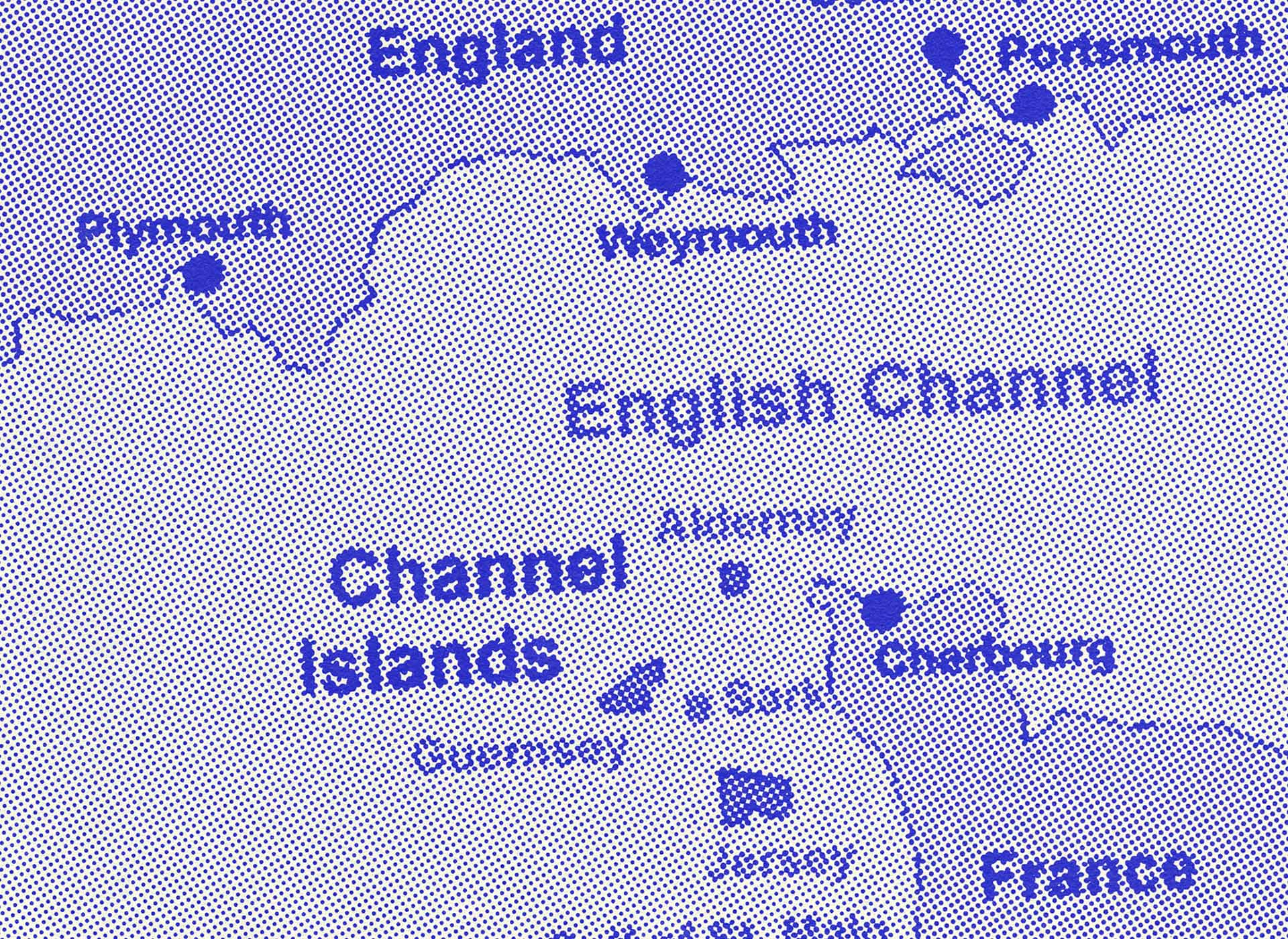
Always an Island, Ain't It?
A fight over fishing rights in the English Channel reveals a larger rift at play across the globe
Many times we forget that at the root of political action—most notably war—is the fight for control of resources. From opium to furs to oil to lithium, control and access to resources that enable the fluorishing of a nation sit front and center. This fact tends to be more apparent when talking about international alliances. One such example is the row over Taiwan. Taiwan sits at a crucial chokepoint for Chinese maritime shipping activity, and additionally, sits as a subtle reminder of the now defunct People's Republic of China (PRC). Another is the US's involvement in the Middle East whose origins lie, obscured or not, in seeking greater control over the oil supply.
Across the pond, another "mini-Taiwan" style situation plays out around the UK's control of the Channel Islands which sit Northwest of France. Since Brexit, a sticking point has been the UK's repossession of its coastal waters from its former EU partner nations like France. As the UK enforces its sea borders and subtly begins to push French fishing ships away from its own territory, Macron and the French Parliament cry foul exacerbating the sleeping giant of French/English animosity.
At center of the debate is the granting of fishing licenses to French ships. The UK government has slowed its roll on this front as has Jersey Island which is the largest of the Channel Islands. Jersey, similar in its relation to the UK as Puerto Rico, gets 95% of its power from the French mainland. The French government has accused it of refusing to grant additional licenses to French fishing vessels. In response, the French threatened to cut power to the island before walking back the ultimatum. Though UK officials claim they have granted 96% of licenses requested—according to the UK press—by French fishing boats, Macron and Co. remain convinced that they are getting shafted.
So, why has so miniscule and technical issue that accounts for 0.0000025% of French GDP begun to fester like the bite of a brown recluse? It appears there are two things going on. On the one hand, Boris Johnson, ever the populist, sees the row as an opportunity to stir up anti-French sentiments in his base to provide a convenient out should Brexit prove less than ideal. By sowing discord here, Johnson has begun to build the case for a convenient scapegoat should things go South.
On the other side of the Channel, France wants to ensure that the UK does not retain the benefits of being in the EU while offering nothing to its partner nations. Johnson's populist play makes the EU into a convenient foil for him to play off of leaving Macron to feel used and abused.
At its core, the tensions between the two nations exemplify many of the political divides in the US. On the one hand, you have the Brexiteers in the UK who have made a strong bet on national sovereignty against the "chauvinistic liberalism" of France which seeks to further establish the neoliberal world order best expressed through the EU. France is stuck in the position of representing itself and the EU in its protracted conflict with the UK, while the UK is free to represent only its own interests.
It's likely that the UK witnesses the benefits of leaving the EU in much the same way as a young Steve Jobs might have as he became disillusioned with the concept of Communism while living on an apple orchard—the origin of the name, Apple Computer—during his youth. In Walter Isaacson's biography, Jobs recounted how members of the commune would sneak into the kitchen at night and steal food for themselves. Later, it would turn out that the leader of the commune would go on to become, both figuratively and literally, a gold miner which only justified Jobs' instinctual rejection of movements later culminating in his elimination of Apple's philanthropic programs after taking back control of the company in 1997.
The experience shaped Jobs view of people and made him skeptical of the "promises" of ideology. After this experience, Jobs embarked on his own venture founding Apple Computer which this newsletter is typed on every morning. Let's hope the UK can find a similar renewal as it rids itself of the delusions of the EU's global order.
